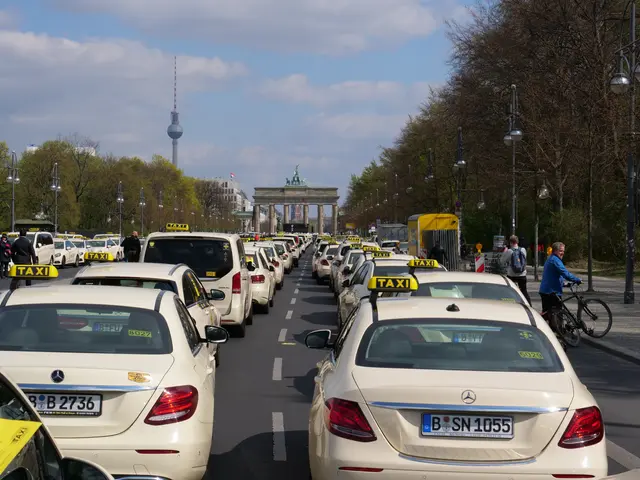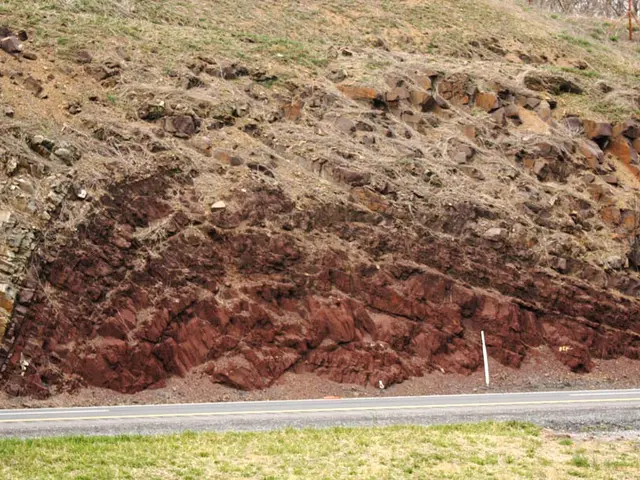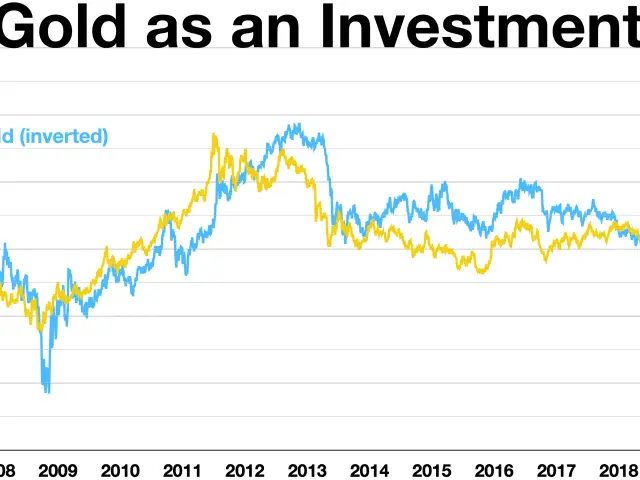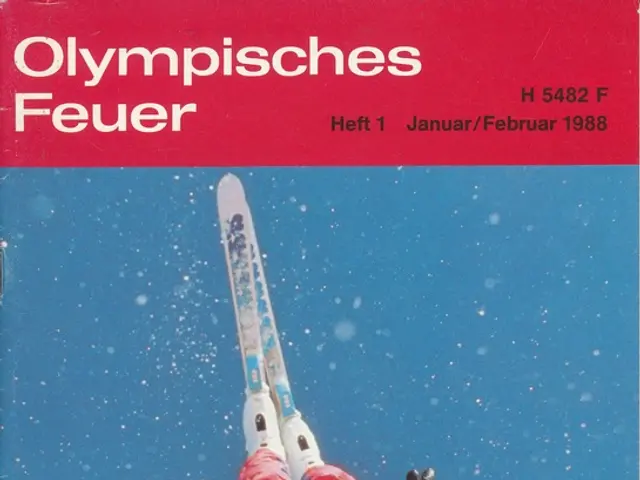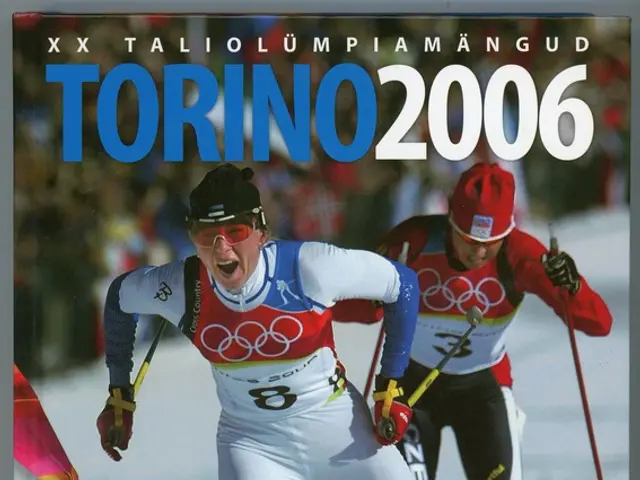Rough Sails Ahead for the Freshly Inaugurated Government on Illner's Show
System malfunction persists at present.
It's been a week since the new federal government took office, and the waters aren't as smooth as they'd hoped. A history-making second round Chancellor election has left some questions about the coalition's strength. Maybrit Illner delves into the dynamics between the CDU/CSU, SPD, and their coalition partners on her show coming up this Thursday.
Federal Minister of the Interior Alexander Dobrindt stays positive amidst the bumps in the road. "From a situation no one wanted, that's never happened before, we've shown we can work constructively and trustfully to overcome challenges," says Dobrindt, acknowledging that it wasn't easy. He sees this as a promising start, choosing a challenge solved over a honeymoon beginnings that might lead to a future crash.
Green Party parliamentary group leader Katharina Dröge, on the other hand, calls the rough start a sign of a coalition on shaky ground. Opposition support may not always be forthcoming, she warns. Political scientist Julia Reuschenberg agrees that the coalition has faced some heavy blows, but assures that everything progressed smoothly from a democratic perspective.
A slippery slope with The Left?
New Chancellor’s Office chief Thorsten Frei has hinted at reconsidering the incompatibility decision with The Left, given the current political climate. However, Dobrindt remains firm, ruling out joint legislative projects with the far-right Alternative for Germany (AfD). When it comes to procedural decisions, though, dialog with The Left may be necessary. This potential dispute within the coalition has Melanie Amann from Der Spiegel worried. She criticizes the Union for aligning The Left with the AfD in their incompatibility decision.
A storm brewing over Migration Policy
Dobrindt has already made decisive moves in migration policy. Border controls will see a significant increase, leading to federal police officers working overtime up to 20 more hours per week in the coming weeks. Critics question whether this means less police presence at train stations. Another controversial measure is the ability to reject asylum seekers at the border. Despite criticism from the opposition, Dobrindt emphasizes that this policy aims to make the European system functional again.
Katharina Droge criticizes Dobrindt for potentially violating European law with this policy. Dobrindt maintains his stance, stating that the goal is to address asylum issues affecting the entire continent while managing the German migration situation effectively.
With chaoscreated by statements seemingly contradicting each other and confusion surrounding government's plan, Melanie Amann from Spiegel coins the events of the last two days as 'chaotic'. It remains to be seen how the coalition navigates these challenging waters.
- Alexander Dobrindt
- Alliance 90/The Greens
- The Left
- CSU
- CDU
- Migration
Sources:[1] ntv.de[2] Wirtschaftswoche[3] Spiegel Online[4] Süddeutsche Zeitung[5] die-welt.de
- Alexander Dobrindt, the Federal Minister of the Interior, has hinted at reconsidering the incompatibility decision with The Left, despite opposition from CDU/CSU coalition partners, as discussed by Melanie Amann from Der Spiegel.
- Katharina Droge, leader of Alliance 90/The Greens, criticizes Dobrindt for potentially violating European law with the migration policy that includes rejecting asylum seekers at the border.
- The European Parliament, Council, and Commission, which form the European Union, may become involved in the debate over migration policy, as the actions of EC countries impact the EU's policy-and-legislation landscape.
- Though Julia Reuschenberg, a political scientist, assures that everything progressed smoothly from a democratic perspective in the recent formation of the German government, Melanie Amann from Spiegel refers to the events of the last two days as 'chaotic'.


